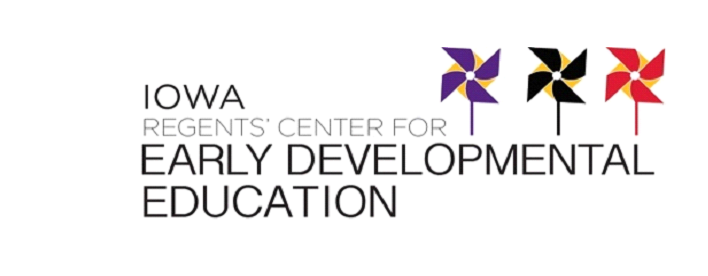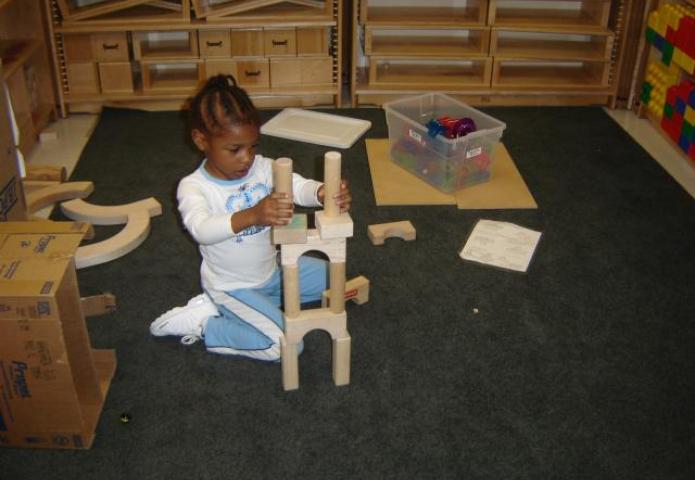Blocks are timeless, classic play materials that have endured as an activity in early childhood programs for more than one hundred years. Playing with blocks provides endless opportunity for the development of emerging perceptual-motor skills (Hendrick & Weissman, 2006, p. 65). Blocks can be an integral part of the learning environment throughout childhood beginning with infants and toddlers.
Block play offers opportunities for learning scientific concepts such as cause and effect, and mathematical concepts such as quantity, classification and ordering. As children grow and develop in their block play, their understanding of the complexity of blocks and how they compare and contrast to one another is enhanced. Their developing understanding of and familiarity with the materials enables them to construct more elaborate and complex structures: the foundations of science, technology, engineering, and math skills.
Adults can be the most effective in their teaching when they are aware of infants’ and toddlers’ developmental levels and previous experiences. This begins when they provide an environment that inspires infant and toddler interests and ideas and allows them to try out their ideas. This workshop will invite participants to revisit block play through the lens of infants and toddlers. Participants will consider how to facilitate development through observation of infant and toddler skills and abilities in order to determine what types of blocks to set out, how many to set out, and how to present them to infants and toddlers. Photos and video exemplars from early childhood classrooms where block play is part of the curriculum will be shared and teachers will have an opportunity.
Workshop format: face-to-face
Length of workshop: 3 hours
Number of participants: limited to 24
To view the experience sheet for this workshop, please click here.





